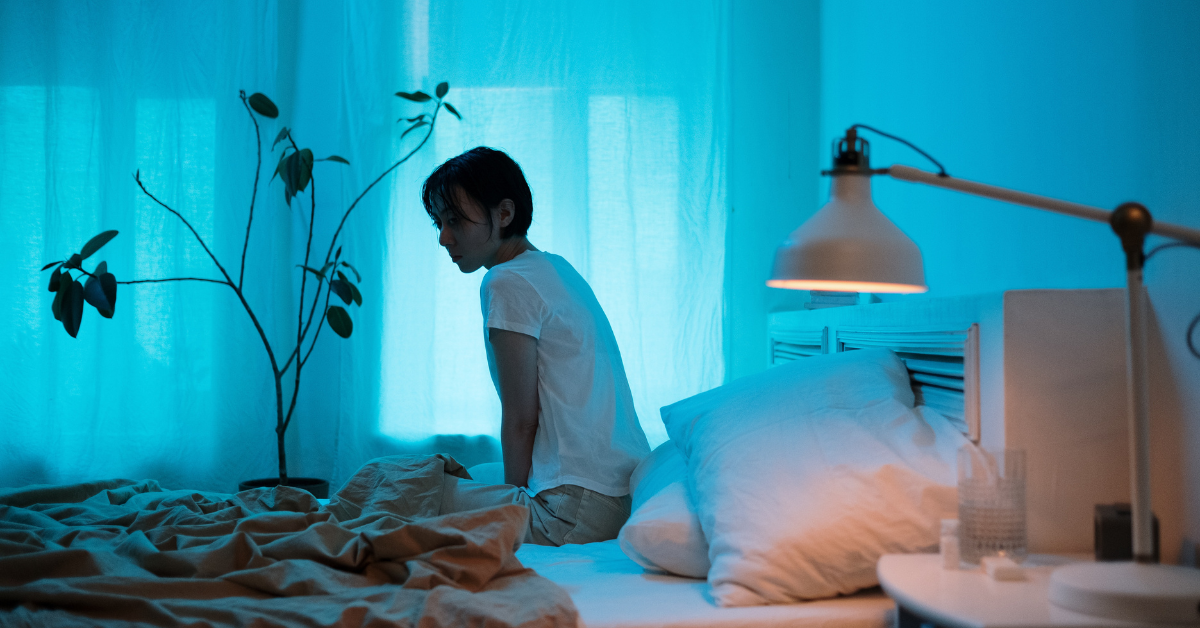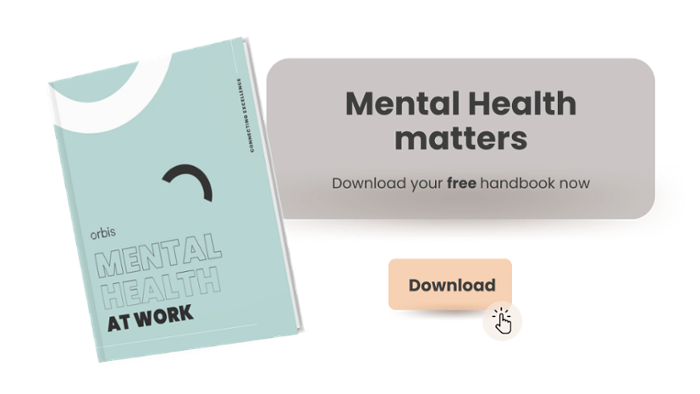
Let us paint you a picture…
It’s been a long day. You spent most of it struggling through tasks, unmotivated, annoyed even, feeling exhausted and looking forward to getting home and getting some rest.
But. Once you clock out for the day, when the kids have gone to bed, your ‘to dos’ are ticked off, and your head finally hits the pillow, you find yourself doing anything but sleeping.
Be it watching TV, getting up to stretch, enjoying a rare bit of a peace and quiet, or even just scrolling TikTok in bed…
You’re bedtime procrastinating!
If the above feels familiar, you’re not alone.
Why do we do it to ourselves?!
Verywell mind hit the nail on the head:
“A phenomenon in which people put off going to bed to engage in activities that they don’t have time for during the day. It is a way of finding time for leisure and entertainment - at the expense of sleep.”
The term 'Bedtime Procrastination' has been around since 2014 when it was used in a study, but the 'Revenge' part was later added to describe a pattern among people in China working 12 hours a day, and staying up late in order to claim back some control of their time.
In a viral tweet, Daphne K. Lee described RBP as what happens when ‘people who don’t have much control over their daytime life refuse to sleep early to regain some sense of freedom during late-night hours.’
The pattern is often closely related to a lack of job satisfaction and can come hand in hand with poor mental health, because lack of control and unhappiness at work is often the root of dwindling well-being, and because a lack of sleep only intensifies the problem.
How to spot RBP.
If you recognise a few of these signs, it could be time to take hold of this damaging habit:
- It’s decreasing your overall hours of sleep, and you’re not getting as much as you need. It started small and built up.
- You’re a parent or you have a high-pressure, stressful or boring job. These kinds of people are most often affected, according to Verywell.
- You’re not being kept awake by an environmental factor like noise, light or discomfort. You could sleep but you choose not to despite feeling tired.
- You find yourself procrastinating sleep even though you’re fully aware that it will affect you in the morning and you’ve been here before.
- You feel relieved to finally get some time ‘of your own’ and desperate to prolong it, or resentful that these times are limited.
- You do the opposite of what you’re ‘stuck doing’ all day. For instance, if you work in a noisy environment, you enjoy the quiet, or if you are on your feet all day, then you lounge around, if you have appointments all day, you simply take advantage of a lack of structure.
- These are usually ‘easy’ things, you’re not catching up on an active hobby like fitness, but you might be reading or online shopping.
How can I break the dreaded RBP loop?
If you’re a sufferer of RBP you’re probably already experiencing some of the side effects. These can include anxiety, depression, problems concentrating, high blood pressure and risk of cardiac issues, weakened immunity, weight gain, and poorer memory…
So we’re ready to start counteracting the addictive habit! Here’s how:
Self-regulation.
Consciously thinking about our choices, identifying habits, emotions and mindset, and cultivating discipline, can curb not only RBP but many problematic behaviours.
Reset your routine.
We get it, some of us are night owls. If you default to this routine, the best way to change it is to simply start getting up earlier, and allow the natural tiredness to help you go to bed, and actually sleep, earlier each night.
Address the root of stress.
There is an underlying reason that sufferers of RBP feel the need to engage in comforting or distracting activities, often to counteract a difficult emotion or experience. If you know what it is, it could be time to take action. If not, assess what might be causing a strain.
Get control over your daytime.
As noted above, RBP is a way to regain control or freedom by sacrificing sleep and thereby ‘making time’. This is often because the majority of our daytime hours are controlled by others, or dominated by tasks that we don’t enjoy. In extreme cases, this could be pointing toward a change of career, but for many, the situation can be improved by integrating rest and recreation into each day to gain a sense of balance and enjoyment.
Prioritise You.
As above, carve out some time that can’t be swallowed by your responsibilities.
This can be easier said than done especially for those with a demanding career, a family, or indeed both. But getting organised with your support network, and remembering that you deserve to prioritise your needs and freedom, even for 30 minutes a day, can address the root of your RBP habit.
Revenge bedtime procrastination is a direct correlation to your mental health. For more mental health resources, check out our free Mental Health in the Workplace handbook, available to download now.



